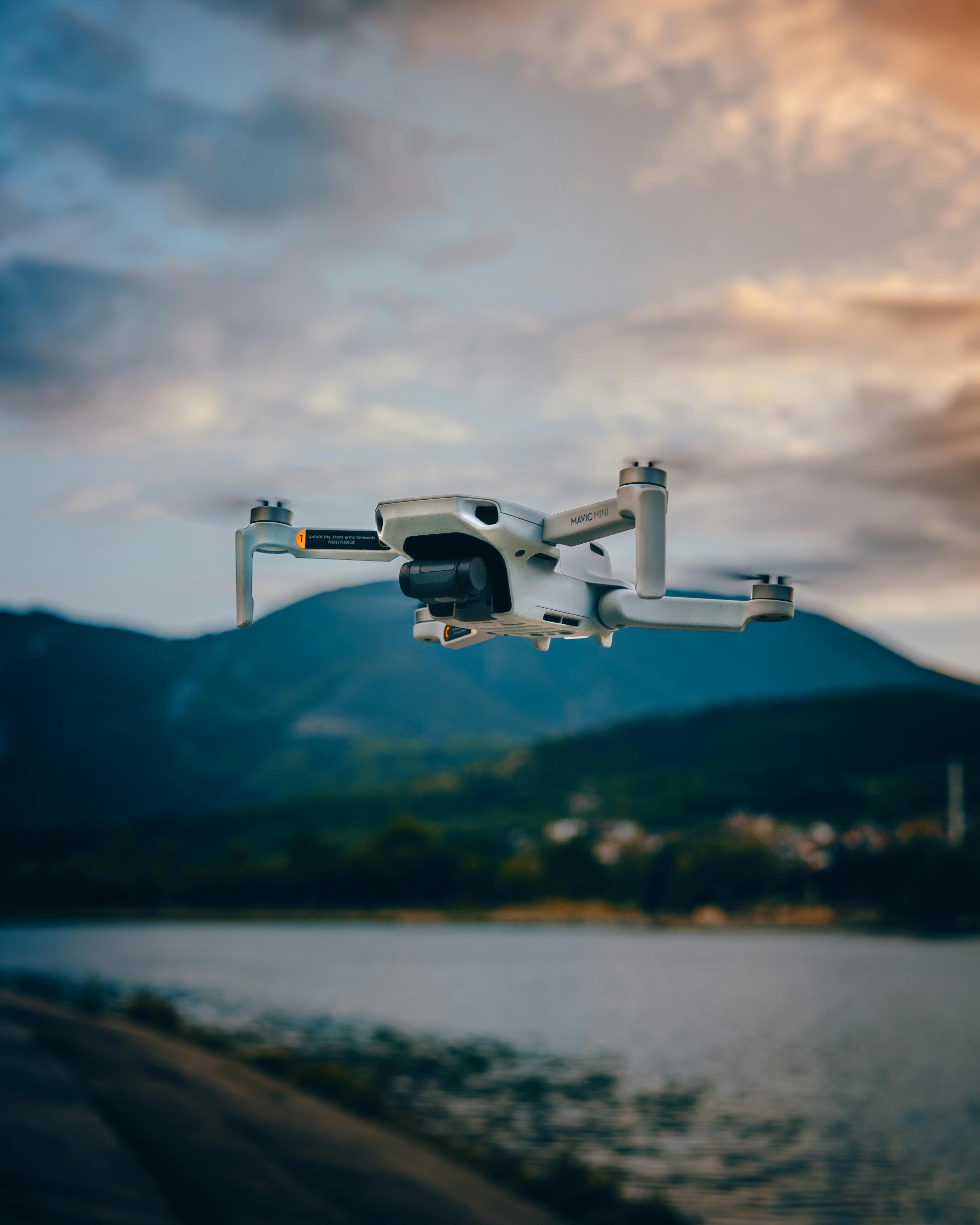Top 5 Practical Ways to Consider Time Travel in 2025

How to Effectively Explore Methods for Going Back in Time in 2025


The Science of Time Travel
Understanding the science behind time travel is fundamental for anyone intrigued by the concept of going back in time. Theories in quantum physics and theoretical physics propose various mechanisms for time travel, including wormholes and the space-time continuum. Famous physicists like Einstein have laid the groundwork with concepts such as time dilation, which indicates how time can be experienced differently depending on speed and gravity. These principles challenge our human perception of time and open avenues for understanding time-related paradoxes.
Quantum Physics and Time Travel
The intersection of quantum physics and time travel is particularly fascinating. Researching phenomena like time manipulation and temporal dynamics leads to speculative discussions about whether traveling to the future or the past is achievable. The necessity of precise conditions and technologies, such as the DeLorean time machine, often draws parallels to science fiction narratives where characters experience temporal exploration.
Temporal Paradoxes and Their Implications
As we delve into temporal paradoxes, we encounter theories like retroactive causality, where changes in the past could adversely affect the present. This brings attention to the butterfly effect—a phenomenon where small changes can lead to significant consequences. Exploring such implications leads us to ponder ethical considerations about the potential impact of altering timelines. The philosophical debates surrounding time travel flesh out fears and risks associated with maneuvering through parallel universes and alternate timelines.
Historical Context and Significance
The fascination with historical events reflects our desire to understand the factors that shaped today’s society. By studying how different eras unfolded, we can theorize about the consequences of altering timelines and their broader historical significance. Emphasizing the realities of time allows for discussions on how altering events could impact our current realities.
Impact of Historical Accuracy in Time Travel
When examining the portrayal of time travel in media and literature, it's important to address historical accuracy and how it shapes viewers' understanding of significant timelines. For instance, films that depict famous time travelers often introduce fictional events alongside real historical narratives, creating a layered understanding of two timelines. These cinematic representations offer commentary on situations that present philosophical implications of time travel, inviting us to think critically about our past.
Lessons Learned from Time Travel Representations
Episodes in movies about time travel often highlight the consequences of altering timelines. These lessons illuminate the effects of time travel not just in fictional constructs but in a real-world context. Consider the classic film, “Back to the Future,” with its portrayal of the temporal mechanics and the pivotal changes that can occur due to minor decisions. Such representations raise questions about human perception of time and our attachment to our past experiences.
Mechanics Behind Time Travel Technologies
Understanding modern interpretations of time travel technologies serves as an exciting perspective for future predictions. As theoretical physicists explore new avenues, practical experiments yield insights that support or refute existing theories. These developments compel us to speculate about the possibility of functional time machines and their place in our society.
Theoretical Constructs of Time Machines
Time machines often lend a fascinating edge to popular culture—with concepts ranging from DeLorean time machines to hypothetical vehicles that navigate the space-time continuum. These imaginative constructs rely heavily on existing scientific theories, challenging us to envision a future where time travel could redefine missions for exploration through time. As we assess these fictional models, frameworks begin to emerge for what real-life time travel might entail.
Future Technologies and Their Challenges
Technological advancements alongside an understanding of temporal mechanics progress could provide remarkable leaps in time travel capabilities. Nonetheless, research reveals numerous challenges inherent to these theoretical explorations—ranging from ethical dilemmas to user navigation within potential time loops. Each challenge underlines the philosophical implications of time travel that society must grapple with as inquiries slip from science fiction to science reality.
Key Takeaways
- Understanding the interplay between science and time travel reveals unique insights into potential realities.
- Exploring historical contexts allows deeper comprehension of the consequences associated with altering timelines.
- Ongoing discussions about time travel technologies reveal the ethical hurdles driven by advancements.
- Engaging with cinematic representations of time travel showcases broader societal impacts that serve philosophical debates.
- As we investigate methods for going back in time, it’s essential to critically assess both theoretical frameworks and potential consequences.
FAQ
1. What is the butterfly effect in time travel?
The butterfly effect refers to a concept in chaos theory where a small change can lead to significant and unforeseen consequences elsewhere. In the context of time travel, it illustrates how altering even a minor event in the past can drastically change the future, emphasizing the unpredictable results of temporal manipulation.
2. How do time loops work conceptually?
Time loops involve a sequence where events repeat themselves in a fixed pattern, unlike the linear progression of time we usually experience. The fictional concept allows characters to relive specific moments repeatedly until they alter their actions to break free, raising questions about free will and causation.
3. What are the challenges of time travel?
The challenges of time travel range from technological feasibility to ethical considerations. Addressing potential temporal paradoxes and outcomes, such as unintended consequences in an altered reality, makes understanding and implementing effective time travel methodologies complex.
4. How does historical accuracy impact time travel narratives?
Historical accuracy shapes how audiences interpret time travel stories. When fictional representations closely align with actual events, they enhance narrative credibility, prompting viewers to consider the lessons learned from historical events and their significance in shaping contemporary society.
5. Why is the study of time travel important?
Studying time travel is important as it compels us to examine philosophical questions about the nature of time, our past, and the consequences of our actions. It also helps us understand how temporal mechanics and theoretical approaches might evolve, leading to remarkable discoveries in both science and storytelling.